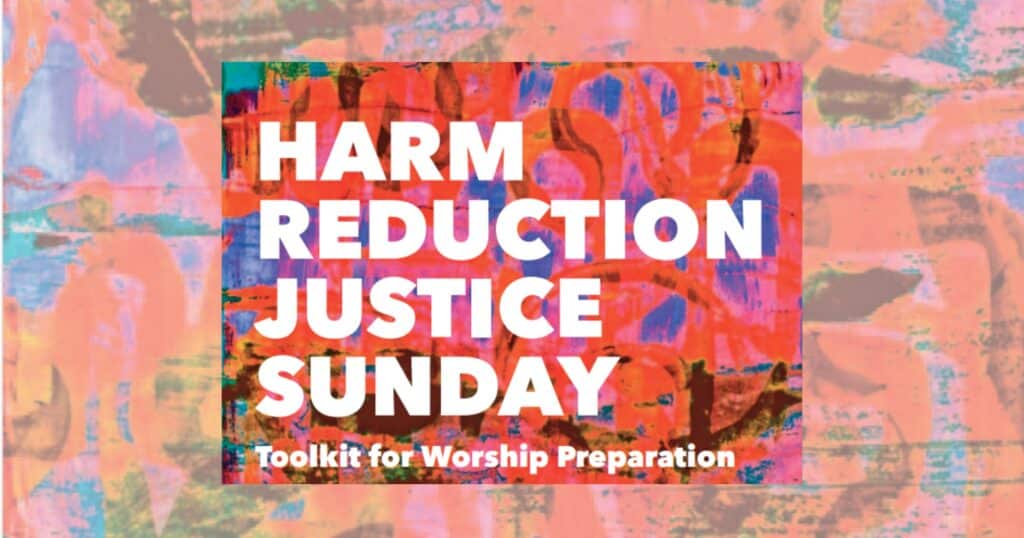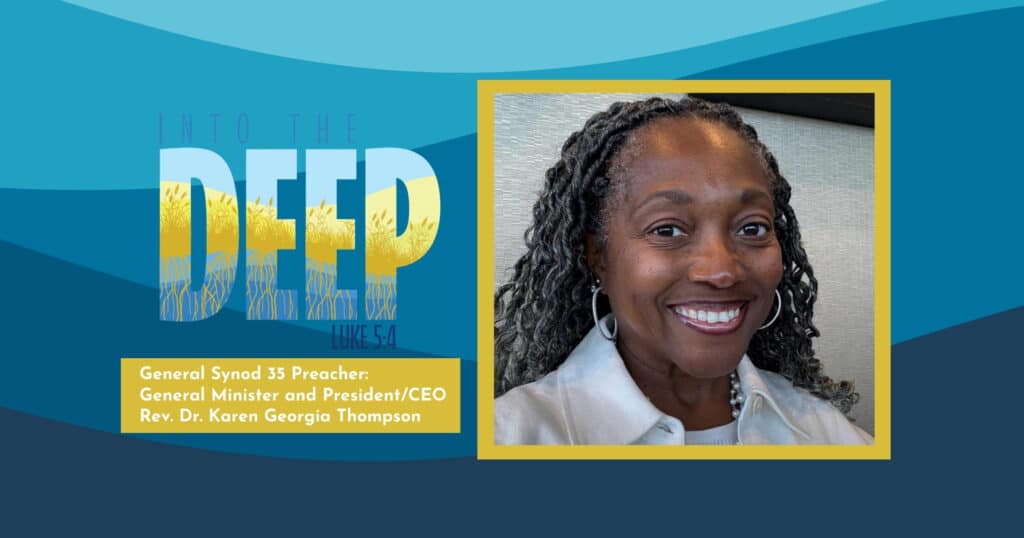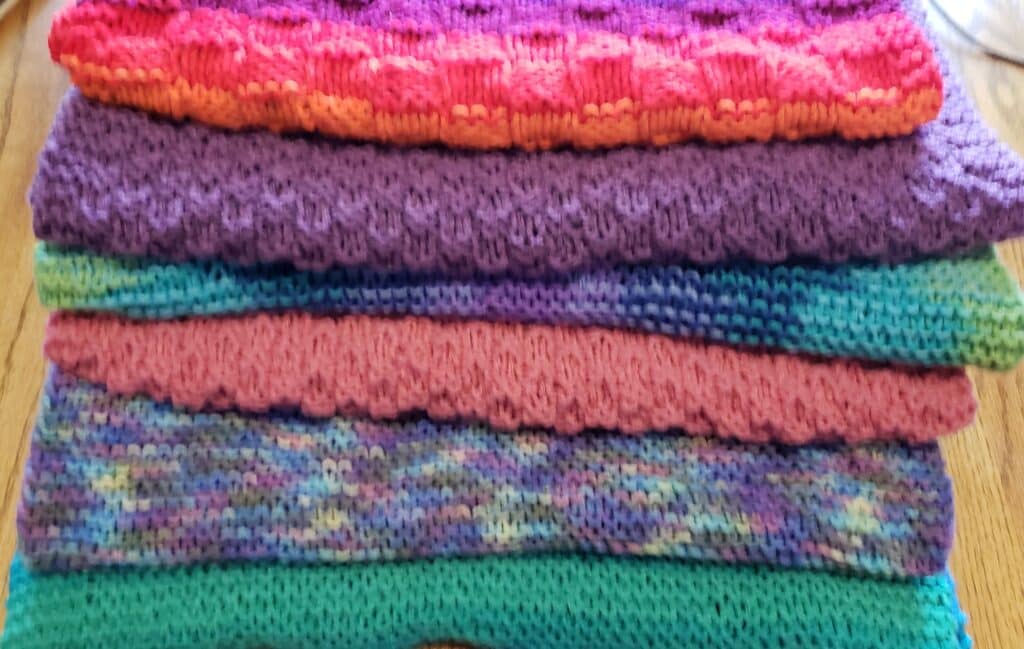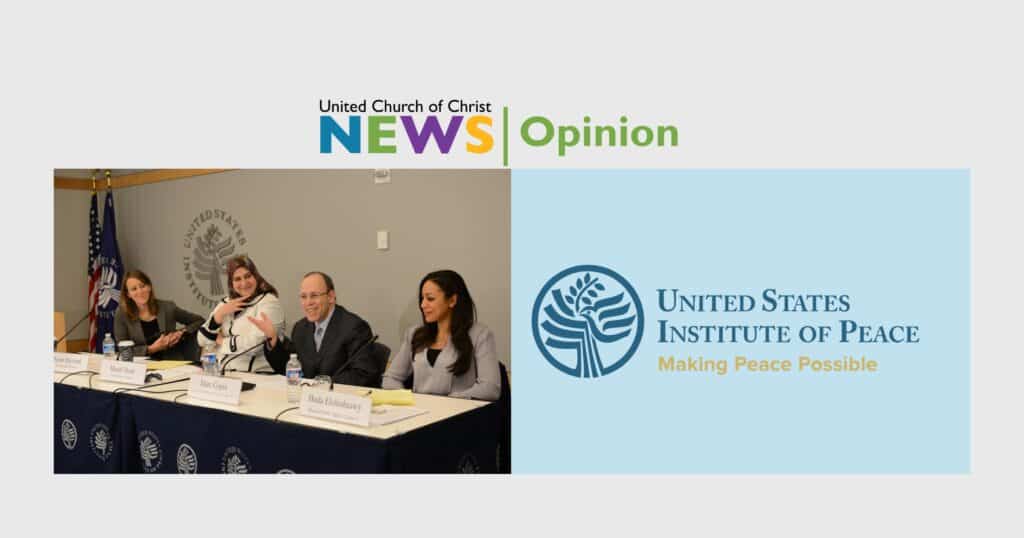‘Lifesaving and lifegiving work’: Harm Reduction Justice Sunday toolkit available
During each Sunday service at Bluegrass United Church of Christ in Lexington, Kentucky, a chair in the sanctuary sits draped with purple fabric and a candle. The space, which references the color for International Overdose Awareness Day, was created for those who can no longer attend because they have passed of an overdose.
It’s one instance where a congregation meaningfully incorporates harm reduction into their worship. The church has also installed an emergency overdose box on the outside of their building in case neighbors need to access naloxone when they are closed, said Hill Brown, who serves as the United Church of Christ’s Harm Reduction and Overdose Prevention Ministries southern ambassador and southern director of Faith in Harm Reduction.
As Harm Reduction Justice Sunday approaches on August 18, many ideas and resources for weaving harm reduction into worship services are now available in a new toolkit for worship preparation.
The toolkit features many elements of worship, including a call to worship, prayers, music selections, sermon seed, benediction, additional litanies, and educational resources about harm reduction.
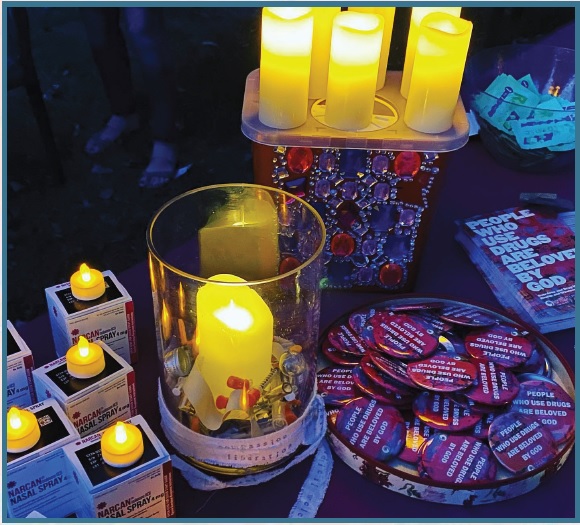
This is the first time resources have been available for this Sunday since last year’s General Synod resolution calling for faithful advocacy around Harm Reduction. It designated the third Sunday in August to be observed as Harm Reduction Justice Sunday, before International Overdose Awareness Day on Aug. 31. The resources can also be used at any time during the year.
The Rev. Erica Poellot — UCC minister of Harm Reduction and Overdose Prevention Ministries and executive director of Faith In Harm Reduction — Brown, and other experts offered insight into the new toolkit in the recent webinar, “Harm Reduction and Overdose Prevention in the Pulpit: Building a Meaningful Harm Reduction Justice Sunday Service.”
‘A deep need’
The worship toolkit evolved out of their work mobilizing faith leaders to be supportive of harm reduction in their communities, in both in policy and practice, Poellot said.
“There was a deep need to be able to articulate these issues theologically and to be able to express and connect using language that folks are familiar with. So that’s where a variety of these ritual elements and liturgical elements came from. They have been used as ways to do some of that bridge-building, connection, and space-making to be able to have these conversations that, quite honestly, are really difficult to have a lot of the time,” Poellot said.
Hill described the importance of the toolkit in filling a resource gap that exists around harm reduction in faith communities.
The worship toolkit intentionally resonates with the welcoming words used in many UCC churches that say, “Wherever you are on life’s journey, you are welcome here,” explained the Rev. Elyse Berry, who contributed to the toolkit and serves as associate for advocacy and leadership development at the UCC’s Council for Heath and Human Service Ministries (CHHSM).
For those who are new to the harm reduction conversation, the toolkit can serve as an introduction to the work and ministry surrounding it.
“No one expects you to know everything about harm reduction or to have it all figured out,” Berry said. “It’s really about centering this movement, how this movement is so deeply connected to our faith and our actions as people of God and what that looks like to bring it into ceremony – to remember, to renew, to reconnect, to reestablish that within ourselves and our community.”
“I want the reverends, pastors, preachers, and deacons to use those resources yourself, especially if you’re new to this work,” said Terrell Jones, advocacy and community engagement mentor at OnPoint NYC. “As you hear the stories dealing with people’s pain, it becomes overwhelming, and you need to take care of yourself too to do this work. So it’s just not for your congregation – pastors and preachers, it’s for you.”
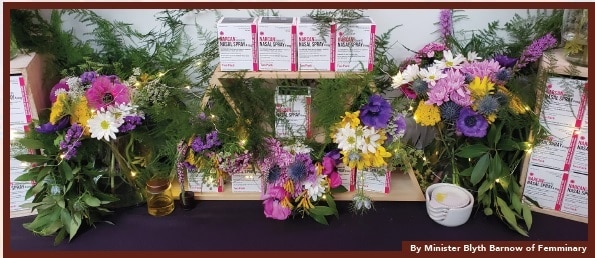
Healing spaces, communities of care
A prayer of confession by Rev. Sonny Graves included in the toolkit begins, “God, before you we confess that when it comes to our own or our neighbors’ use of drugs, we have allowed stigma, shame, judgment, and punishment to deny what you have taught us: That you love us just as we are and in all that we struggle with. That all people are made in your image. That we are called to love our neighbor, and ourselves, as you love us.”
“People who use drugs and people who love people who use drugs have built beautiful models for what ministry with one another might look like,” Poellet said. “They have persevered to secure and sustain healing spaces and strengthened communities of care to be church with and for one another, to do the work of lifesaving and lifegiving, of providing connection, advocacy, love, to literally love one another back to life over and over and over as many times as it takes, to call one another by name – that, we know to be beloved.”
Harm Reduction Justice Sunday offers a way to integrate such beloved spaces into worship.
Find the Harm Reduction Justice Sunday toolkit here.
Content on ucc.org is copyrighted by the National Setting of the United Church of Christ and may be only shared according to the guidelines outlined here.
Related News
Thompson to bring a ‘prophetic and pastoral’ message to Synod: ‘We are not all the same, but still one body’
On Sunday, July 13, the Rev. Dr. Karen Georgia Thompson will take the stage at the 35th...
Read MoreSend a prayer shawl along to General Synod 35
There’s been a buzz about Missouri, Kansas – can you hear it? It’s more of a clicking...
Read MoreOpinion: UCC pastor and former Institute of Peace Staffer calls for action in defense of peace
Editor’s Note: The United States Institute of Peace (USIP), an independent institute founded...
Read More
